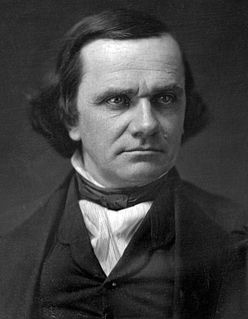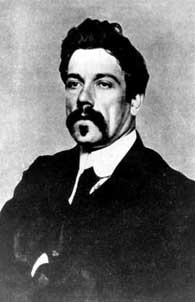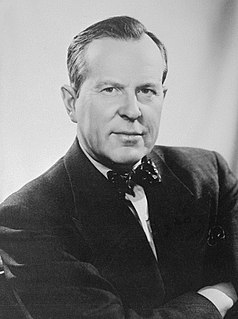A Quote by John Dalberg-Acton
The man who prefers his country before any other duty shows the same spirit as the man who surrenders every right to the state. They both deny that right is superior to authority.
Related Quotes
I deny the right of Congress to force a slaveholding State upon an unwilling people. I deny their right to force a free State upon an unwilling people. I deny their right to force a good thing upon a people who are unwilling to receive it. The great principle is the right of every community to judge and decide for itself, whether a thing is right or wrong, whether it would be good or evil for them to adopt it; and the right of free action, the right of free thought, the right of free judgment upon the question is dearer to every true American than any other under a free government.
Man cannot be exempted from his divinely-imposed obligations toward civil society, and the representatives of authority have the right to coerce him when he refuses without reason to do his duty. Society, on the other hand, cannot defraud man of his God-granted right... Nor can society systematically void these rights by making their use impossible.
I learned from my illiterate but wise mother that all rights to be deserved and preserved came from duty well done. Thus the very right to live accrues to us only when we do the duty of citizenship of the world. From this one fundamental statement, perhaps it is easy enough to define the duties of Man and Woman and correlate every right to some corresponding duty to be first performed. Every other right can be shown to be a usurpation hardly worth fighting for.
The teaching of the Sermon on the Mount is not--Do your duty, but--Do what is not your duty. It is not your duty to go the second mile, to turn the other cheek, but Jesus says if we are His disciples we shall always do these things. There will be no spirit of--"Oh, well, I cannot do any more, I have been so misrepresented and misunderstood". . . Never look for right in the other man, but never cease to be right yourself. We are always looking for justice; the teaching of the Sermon on the Mount is--Never look for justice, but never cease to live it.
The arts put man at the center of the universe, whether he belongs there or not. Military science, on the other hand, treats man as garbage - and his children, and his cities, too. Military science is probably right about the contemptibility of man in the vastness of the universe. Still - I deny that contemptibility, and I beg you to deny it, through the creation of appreciation of art.
A man follows the path laid out for him. He does his duty to God and his King. He does what he must do, not what pleases him. God's truth, boy, what kind of world would this be if every man did what pleased him alone? Who would plough the fields and reap the harvest, if every man had the right to say, 'I don't want to do that.' In this world there is a place for every man, but every man must know his place.
As a man has no right to kill one of his children if it is diseased or insane, so a man who has made the gradual and conscious expression of his personality in literature the aim of his life, has no right to suppress himself any carefully considered work which seemed good enough when it was written. Suppression, if it is deserved, will come rapidly enough from the same causes that suppress the unworthy members of a man's family.
If Natur has gifted a man with powers of argeyment, a man has a right to make the best of 'em, and has not a right to stand on false delicacy, and deny that he is so gifted; for that is a turning of his back on Natur, a flouting of her, a slighting of her precious caskets, and a proving of one's self to be a swine that isn't worth her scattering pearls before.








































